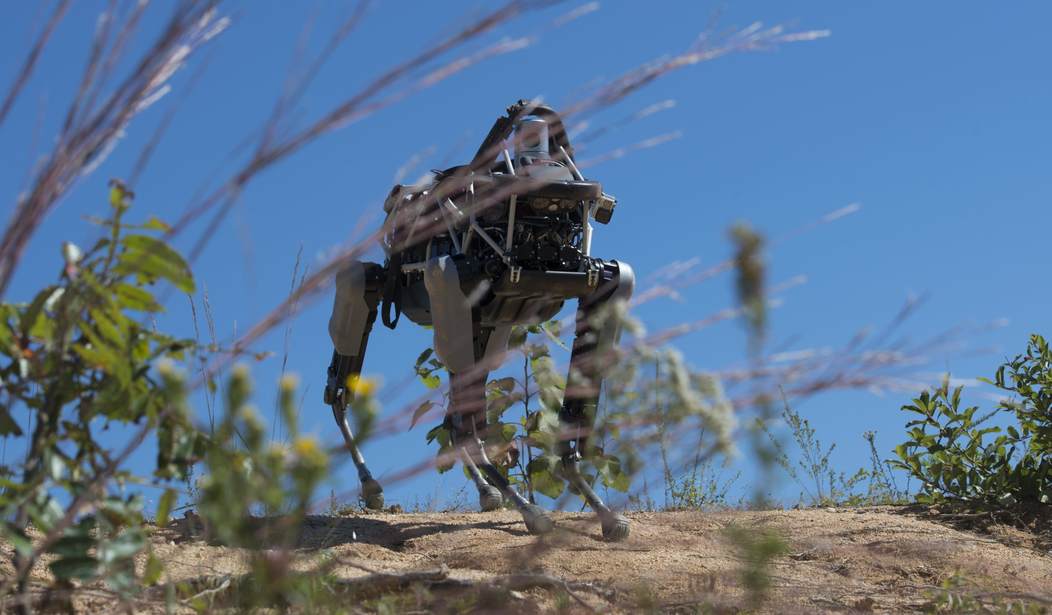WASHINGTON – While Elon Musk and Bill Gates have debated the threat of artificial intelligence, and the risk of World War III, Google executive and futurist Ray Kurzweil said Friday that he’s optimistic the world will survive AI’s rise – though leaving open the possibility of some “difficult episodes.”
“World War II – 50 million people died, and that was certainly exacerbated by the power of technology at that time,” Kurzweil, a graduate of MIT known for his bold predictions on technology, said at the Council on Foreign Relations.
Musk, the CEO of Tesla and SpaceX, tweeted in September that the race for superior AI technology will bring about World War III, which mirrored comments from Russian President Vladimir Putin, who has said that whoever harnesses the greatest technology will “become the ruler of the world.” Microsoft co-founder Gates has disagreed with Musk, arguing that AI will make humans more productive and creative.
Kurzweil, Google’s director of engineering, expressed views on Friday that were in line with Gates, though he did warn against “existential risks” threatening the survival of civilization. He noted that civilization faced the same threats during nuclear weapons proliferation and again with the eve of biological warfare. The world is rapidly seeing the same kinds of advances with artificial intelligence, with autonomous weapons like drones.
“Technology has always been a double-edged sword. Fire kept us warm, cooked our food and burned down our houses,” Kurzweil said.
Unlike biological weapons such as anthrax, autonomous technology can be used to benefit the human race. For example, the delivery of medicine around the world, he said.
Kurzweil is well-known for his predictions in the 1999 book The Age of Spiritual Machines, a series of nearly 150 predictions which he revisited in 2010 with an essay grading those predictions. Kurzweil concluded that about 78 percent of his predictions were “entirely correct.” His forecast included the rise of “portable computers,” or smartphones, cloud computing and self-driving cars. He also predicted technology like Google Glasses, the rise of wireless technology and the mass electronic distribution of books, music and movies.
At CFR, he expanded on his prediction of hybrid artificial intelligence, which he said will be available in the 2030s. This hybrid AI, according to Kurzweil, will allow the human brain to directly tap into the cloud via a neocortex connection. This will link the human brain not only to millions of computer systems but it will also allow humans to connect to each others’ neocortexes. He likened this development to the human enlargement of foreheads about 2 million years ago, which he said was the enabling factor for music, humor and language. This neocortex development, however, will not be limited by a fixed enclosure like the human skull.
New neocortex technology will make humans smarter and funnier and will create a more diverse group of thinkers, allowing people to dive deeper into their areas of expertise, he said. Smartphones, which he described as “brain extenders,” have already shown evidence of this.
During the discussion, Kurzweil also predicted benefits arising in the 2020s from 3D printing. He said the “nature of construction” in this decade will be the printing of small, Lego-style modules, which will be used to create infrastructure. He cited China’s 3D-printed apartment building as an early example.
Kurzweil also addressed fears about automation displacing the human workforce, while arguing that for every job that is lost at the bottom of the ladder, there will be more than one created at the top. For example, factory and farming jobs have dramatically declined since the early 1900s, but there’s also been a rise in areas that were unknown at the start of the century, like web design, data analytics and applications for mobile devices.
“My view is not that AI is going to displace us,” he said. “It’s going to enhance us. It does already. I mean, who can do their work without these brain extenders we have today? And that’s going to continue to be the case.”









Join the conversation as a VIP Member